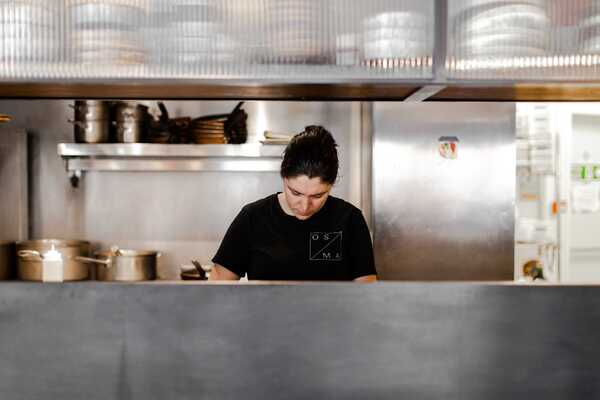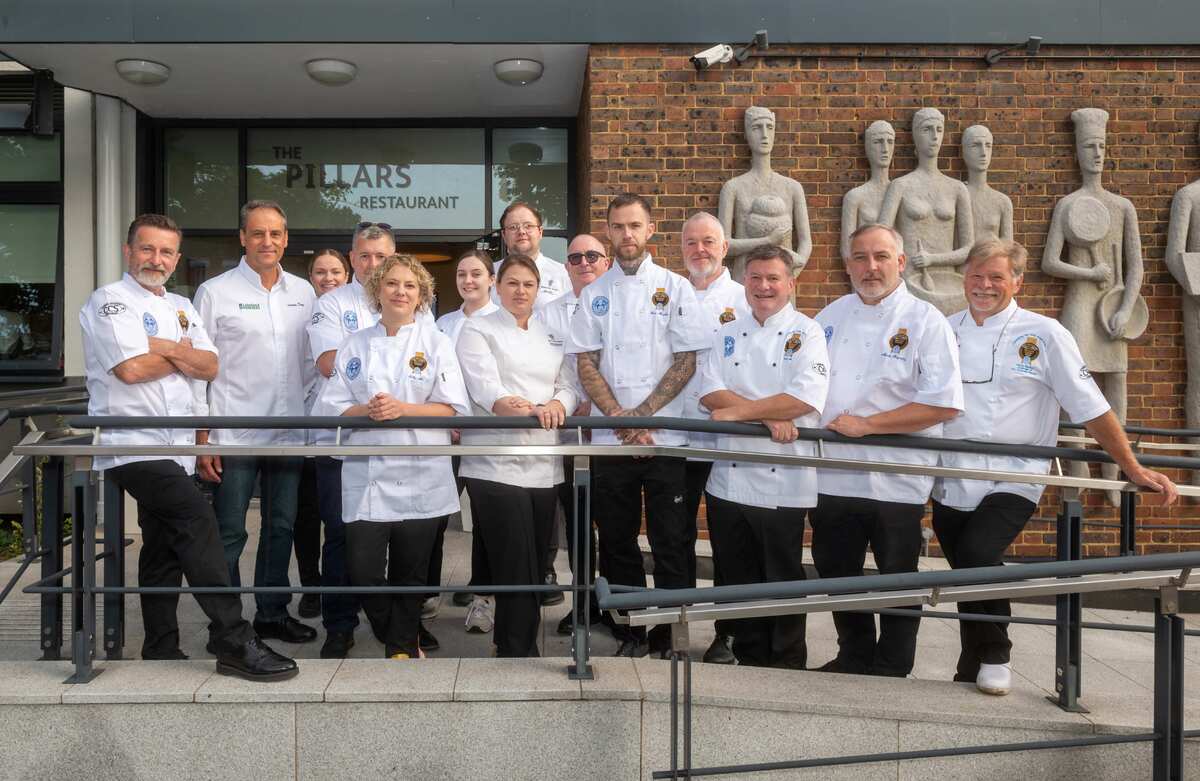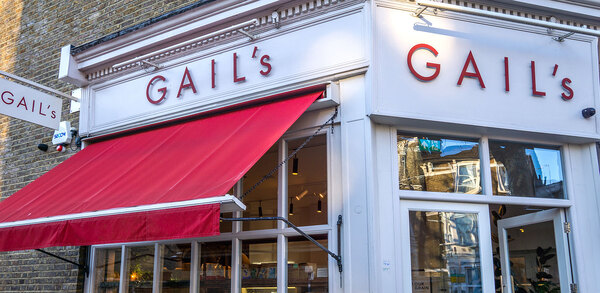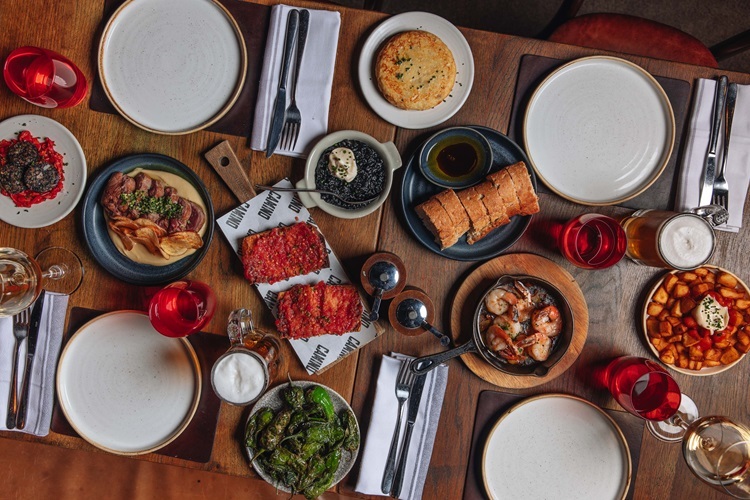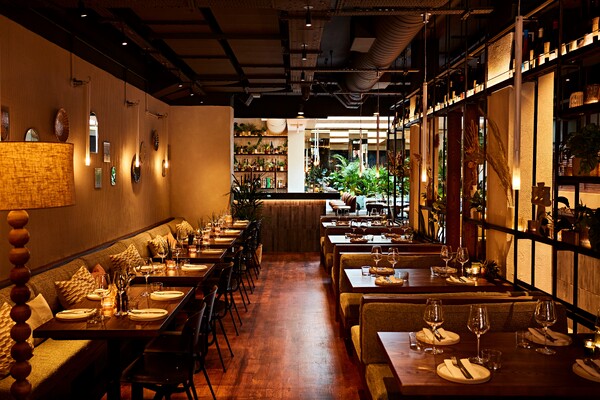How to open and manage a successful restaurant
Opening a restaurant can be the route to business success, but in too many cases it results in financial disaster. Stephen Broome offers a brief road map around the pitfalls.
Many people have a romantic notion that opening their own restaurant is glamorous and a sure-fire way to make a fortune: a TV series will certainly follow. The facts about the high level of restaurant failure rates tell a different story.
There is probably no point in thinking about running your own restaurant business unless you have plenty of relevant experience. You will need to thoroughly understand the pitfalls of restaurants before you invest all your time, money and emotion into opening one.
However, if you still feel like giving it a try, below are some hints and tips.
LOCATION IS KEY
Many failures are due to the wrong location. Key issues to consider include the method by which your customers will travel and how they will they park, how busy the area is, and how much foot traffic will pass your site.
Any potential restaurateur also needs to research the demographics of the surrounding area. Other restaurants near by make it easier to attract customers as the area will be already known for eating out.
Find out the history of the property and whether any previous restaurant businesses have failed, and why. Also consult the local environmental health and fire departments about minimum requirements, and cost out any necessary compliance alterations.
In terms of the contract, your questions should cover:
â- Is the rent affordable?
â- Does the premises have an existing licence to sell alcohol?
â- What are the trading hours?
â- If no licence, how easy will it be to obtain one?
â- Will there be restrictions on trading hours?
UNDERSTAND AND RESEARCH YOUR TARGET MARKET
Spending time thoroughly understanding who your customers are likely to be and then shaping your style, service, price and menu to suit the market might not seem to play to your creativity and visionary talents - but getting it wrong is a recipe for certain failure. Consider:
â- Who will your customers be - shoppers, business people, families, cinema or theatre visitors, tourists?
â- Will the profile change at different times of the day?
â- What will each market require in terms of price, service level, ambience, menu style and content?
RESEARCH THE COMPETITION
This calls for detailed analysis and sampling at different times of the day, not simply a list compiled from Yellow Pages. Take a look at what style they are operating, their price points, when they are busy, and who their customers are. Are there enough potential customers in the specific segment you are targeting to ensure you get your share?
DEVELOP THE STYLE OF YOUR RESTAURANT
With the initial research completed you can now get those creative skills into action to develop an outline of the style and type of restaurant offering that your research tells you your customers will require. It's fine to be fun and quirky, but just remember: it makes it easier if your customers know what to expect, so don't try to be all things to all people. Clear niche positioning appears to work best, from my experience.
This means deciding whether you will be independent or franchise, your service style and level, and your price point. You can then decide on the decor and ambience as well as the menu content.
DEVELOP A ROBUST WRITTEN BUSINESS PLAN
One of the key mistakes that keeps the old maxim "one in three new restaurant businesses fail in the first two years" alive is a tendency to focus on the creative elements, assuming that the profits will be there in the end because demand will be overwhelming.
Writing a business plan may seem a daunting prospect, but you will need one if you need to raise funds. The best plans are kept alive and regularly reviewed, not kept in a drawer.
If you are uncomfortable with numbers, get help - and learn to love them. Understanding even basic accounting will be vital to success. Find out whether there is any help available for new business start-ups via a local Business Link or Chamber of Commerce.
Many new restaurant failures are due to an underfunded business plan (see panel below).
**WHAT CAN POSSIBLY GO WRONG?
**The bottom line is that setting up a new restaurant is a risk. To be successful requires a mastery of a great number of different skills. It is unusual to find one person who possesses all these skills equally. Recognising your own skills and strengths and understanding where you might need to seek help is probably as important as being creative in the kitchen.
By far the largest problem is cash-flow. Many new restaurant owners underestimate the start-up costs and are then in trouble before even opening the doors.
Develop a strategy of only buying what you need to service the business daily; and careful menu planning around seasonal ingredients that you can add value to, rather than costly imported produce, can help. Filling a cellar with slow-moving, expensive wine usually doesn't.
Also, don't ignore insurance or health and safety issues. As a minimum this will involve funding your staff to attend regular training in food safety, for example.
Seek advice from an insurance specialist and ensure you have sufficient cover. An uninsured claim can be the cause of a business failure.
I DID IT MY WAY
A typical mistake is to open the style of restaurant you personally feel comfortable with rather than one which suits your local market and target customer base. On very rare occasions it may, of course, work, but usually it ends in tears.
It is vital that all aspects of your product and service are in line with what your market and customer wants. There is sometimes a tendency to "gild the lily", often at great cost, when the market wants honest local good food and service in plain and simple surroundings.
GO AND DO IT IF YOU MUST…
… but be ready to take advantage of opportunities, be persistent, stay calm and positive, and remember: there is no magic wand. Opening and running a restaurant successfully requires an awful lot of hard work, probably a greater knowledge of business management than kitchen management and, above all, a passion for food, wine and serving your customers. A little bit of luck helps as well.
Stephen Broome is hotels director at PricewaterhouseCoopers
CREATING A BUSINESS PLAN
A business plan will typically cover the first 12 months in detail and perhaps a further two or three years in outline.
Bear in mind your numbers need to be realistic. Research the competition at various times of the day to see how full they are. Even reasonably popular restaurants are less than half-full for a lot of the time.
Ensure your analysis takes account of likely trading losses incurred in the first six months, and ensure you have the funds available to survive without getting into arrears with creditors.
The business plan would normally include:
â- Fixed and variable operating costs (rent is fixed, staff costs are variable)
â- Forecast of the number of customers and average spend per head by day
â- Analysis of likely gross profit margins on food and wine
â- Analysis of your likely breakeven point (how many customers per day you will need to cover normal operating costs before you start to make a profit)
â- A marketing and sales plan, including costs
â- A plan of sources of funding (acquisition, development, pre-opening costs and working capital)
â- A budgeted monthly profit-and-loss and forecasted cash-flow analysis
Many new restaurant businesses find themselves unable to pay VAT and PAYE when it is due. HMÂ Revenue & Customs might be initially supportive, but remember, it is a often a key stakeholder when restaurant failures occur.




